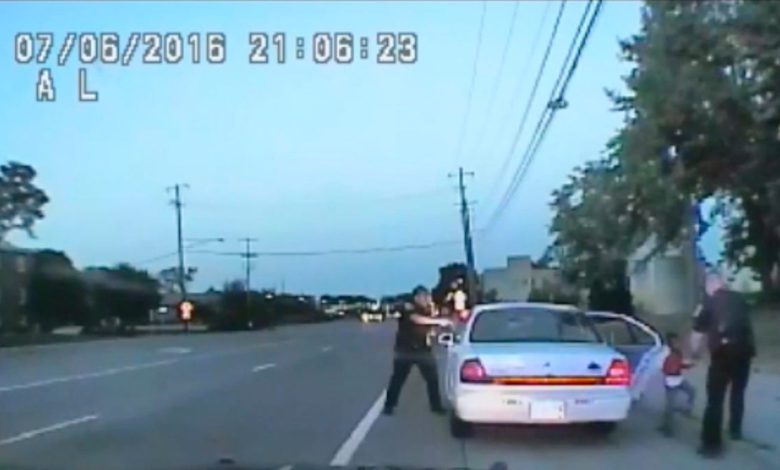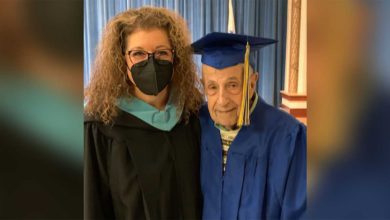
The commission still hasn't reviewed 50 of some 200 policies provided nearly three years ago, he said.
Policies become embedded in an agency's culture when they are homegrown, said Greenwood, who frequently reviews them for police departments.
"I've had command-level personnel in some agencies tell me very bluntly before that they pay no attention to the policy book because it's not theirs," Greenwood said. "They refer to it as the Lexipol manual."
Still, Lexipol's templated approach has created much-needed consistency among the nation's law enforcement agencies, Bueermann said.
"It's not a perfect system," he said. "You buy the core concepts, then you have to decide if that’s going to work in your city or not."

In California, where Lexipol got its start, its policies have been used by about 95% of public safety agencies.
In 2019, the company worked behind the scenes with a law enforcement lobbying group to weaken legislation that upped the standard for deadly force from "reasonable" to "necessary."

Theresa Smith, right, the mother of Caesar Cruz, who was killed in a confrontation with police, wipes her eyes after testifying about her loss on April 23, 2019, at the Capitol in Sacramento as California lawmakers worked to find common ground between law enforcement groups and reformers intent on adopting first-in-the-nation standards designed to limit fatal shootings by police.
In a 2019 webinar, Lexipol's Praet told clients that, contrary to media reports, the legislation had changed nothing.
The final language of the California Act to Save Lives removed a requirement that officers de-escalate situations. It stripped out the definition of "necessary," which said an officer needed to "conclude that there was no reasonable alternative to the use of deadly force" that would keep someone from being hurt or killed.
"The good news is, they didn't get 'necessary.' We stuck with reasonableness," Praet said in the webinar. "If it had gone 'necessary,' my advice to you would have been (to) retire because you couldn't have done police work anymore."
He continued, "What is the new standard? The new standard is the exact same thing we've had for the last 50 years, and that is the Graham vs. Connor objective reasonableness standard."
After the law was changed, the Peace Officer Research Association of California, the state's largest law enforcement organization and lobbying arm, provided its members with a link to a "legal analysis" on the new law, written by Praet.

Without a definition for "necessary," the interpretation of the law will be up to the courts, said Samuel Sinyangwe, cofounder of Campaign Zero, a national nonprofit focused on ending police violence.
For now, he said, "the only people who are defining this are the people writing the policy for the police departments, which is Lexipol."
Tuesday, the ACLU of Southern California, the League of Women Voters of California and 23 other organizations sent Lexipol a letter about its "inaccurate instruction" of the state's new standard for deadly force.
They said Lexipol confuses the different standards for force by sprinkling "reasonableness" throughout its policies, even though California law now says deadly force must be necessary.
They urged the company to adopt clearer language that tells officers to use the "minimal force necessary."
Agencies say they trust Lexipol, said Ashley Raveche, deputy director for social policy for the League of Women Voters of California.
"Folks are being penny-wise and pound-foolish," she said. "They’re relying on Lexipol because it’s cheap, it's easy."
The ACLU has sued the Pomona Police Department for using Lexipol policies and training that conflict with the new law. Its officers have been involved in multiple fatal shootings since the law went into effect last year.

Pasadena's Police Chief John Perez politely rebuffed the League of Women Voters when he received a letter raising questions about the department's use-of-force policy, said Kris Ockershauser, a longtime Pasadena-area activist and a leader of the local chapter.
Then George Floyd was killed. The city revised its policy over the summer to align with state law.
"We police with the consent of our communities, so we have to make sure it fits," Perez said in an interview. He said Lexipol brings many benefits: It saves time and money, emails departments about policy updates and offers online training.
Less than a month after the department updated the policy, a Pasadena police officer fatally shot 32-year-old McClain, a Black man, as he ran away after a traffic stop.

Attorney Ben Crump, who led the legal team for George Floyd's family, gestures while addressing a crowd gathered in front of City Hall in Pasadena, California, on May 17, 2021. People gathered to demand accountability for the Anthony McClain, who was shot in the back by police in Pasadena in August 2020. McClain family dispute the police account of the shooting, alleging that officers "planted" the gun to falsely justify the shooting, and that Anthony McClain was killed "without warning" and "without justification."
The League of Women Voters and civil liberties groups questioned whether officers properly followed the revised policy.
The Los Angeles County DA's office is reviewing the officer's conduct, a spokesman said. The family, represented by well-known civil rights attorney Benjamin Crump, has filed a federal lawsuit.
The officer who shot Brown is back on duty after mandatory paid leave to get counseling, a requirement of any officer involved in a serious incident, said Pasadena spokeswoman Lisa Derderian. Due to the lawsuit she declined to provide details on the incident.
Officers "don't need to be attorneys" to do their jobs, Raveche said. "They need clear directives on how to do their job."
USA TODAY national correspondent Tami Abdollah covers inequities in the criminal justice system. Send story tips by DM @latams or tami(at)usatoday.com.
Published
Updated









